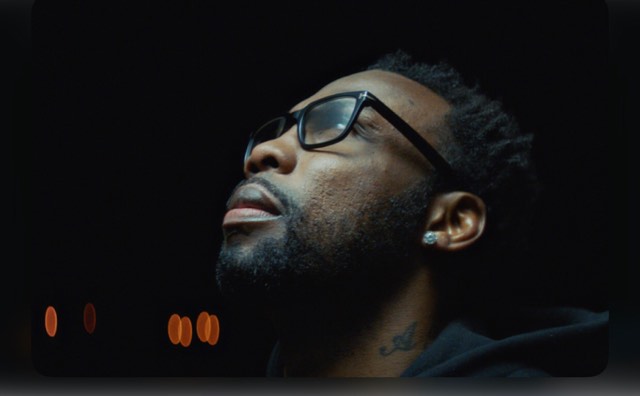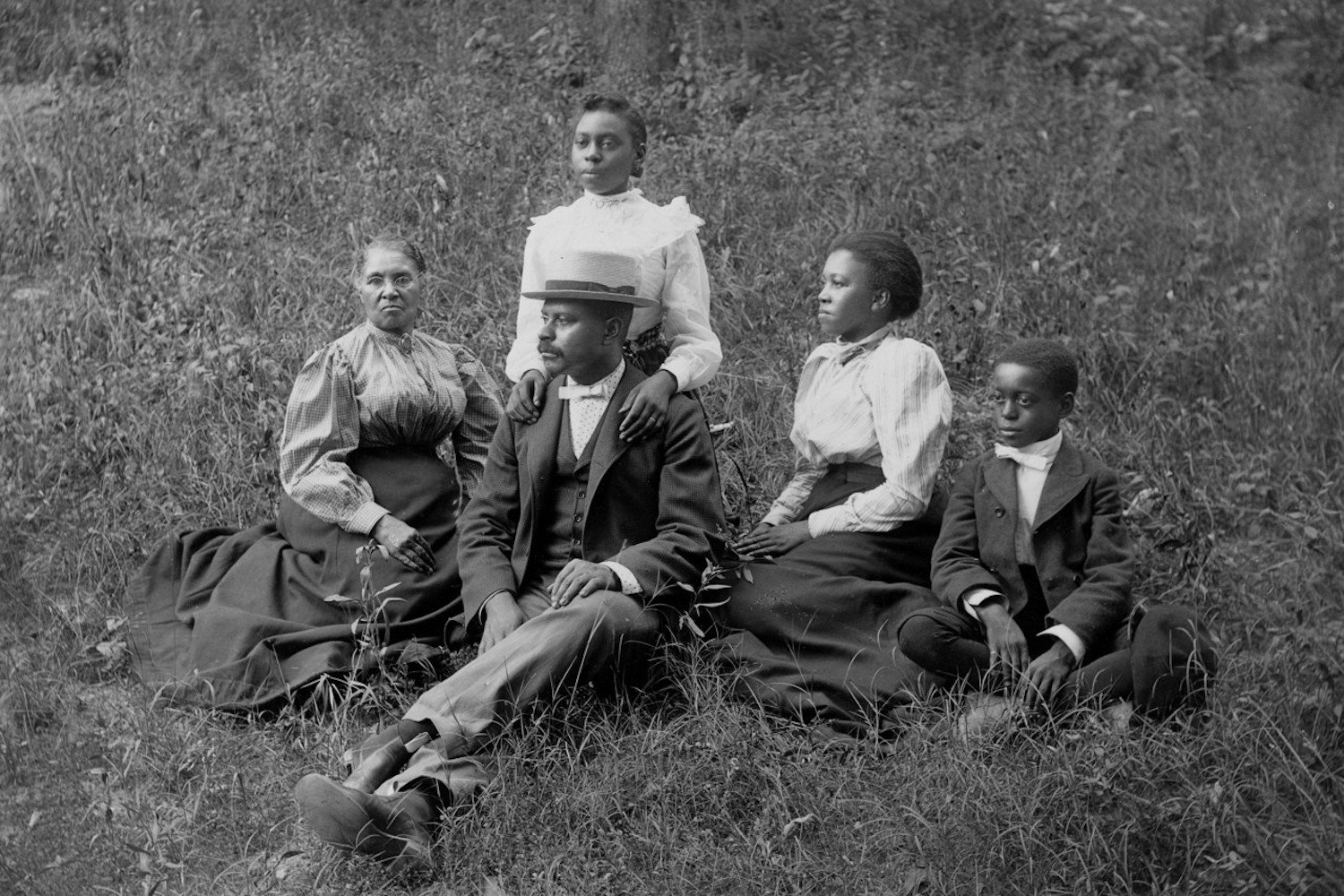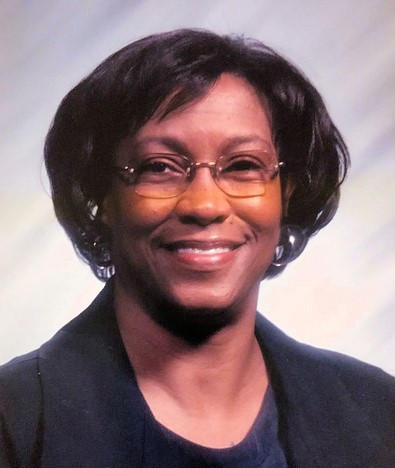
By E.J. Schultz
The spot, which is slated for the Super Bowl, comes as the league boosts its social justice messaging in wake of the Colin Kaepernick controversy.
The National Football League tackled the politically charged issue of police shootings of black men with an ad that ran during Sunday’s conference championship games. The spot, which will run again in the Super Bowl, comes as the NFL amps up its social justice messaging in the wake of the Colin Kaepernick controversy.
The ad, by 72andSunny, stars retired player Anquan Boldin sharing the story of his cousin, Corey Jones, who in 2015 was shot and killed by a Florida police officer dressed in plain clothes, while Jones was waiting for roadside assistance.
The officer, Nouman Raja, had alleged he acted in self defense. But a jury last year found Raja guilty of manslaughter and attempted murder after a recording of Jones’ call for a tow truck captured the encounter. The recording revealed that Raja did not identify himself as a police officer, according to the South Florida Sun Sentinel. The killing is among several high-profile incidents of police-involved shootings of young black men that have sparked movements such as Black Lives Matter.
The ad, which includes a dramatic re-enactment of the shooting, marks the most hard-hitting message put out by the NFL since it began pouring more energy into social justice efforts a year ago. The ad plugs a centerpiece of those efforts—a program called “Inspire Change” that formally rolled out in January 2019 and includes awareness campaigns and grant-giving related to education and economic advancement, police and community relations and criminal justice reform.
Critics have questioned the league’s motives, seeing the efforts as a way to repair the NFL’s image in the wake of the PR damage done by the Kaepernick controversy. The former San Francisco 49ers quarterback has not been picked up by a team since 2016, the year he started kneeling during the anthem to bring attention to racial inequities.
The NFL drew heavy skepticism late last year after inking a deal with Jay Z’s Roc Nation to help support Inspire Change as a way to “amplify the league’s social justice efforts,” in the words of the NFL. Roc Nation was not directly involved in the production of the new ad, but “we did consult with them on the content and overall approach,” NFL Chief Marketing Officer Tim Ellis said in a statement to Ad Age responding to questions about the new ad.
Skeptics include sports journalist Jamele Hill, author of an oft-cited piece in The Atlantic in August that included this observation: “This alliance plays right into the NFL’s hands, because the league seems determined to banish any memory of Kaepernick with its recent social-justice efforts—even though it’s likely that Jay-Z and the NFL wouldn’t even be entering into this arrangement if Kaepernick hadn’t taken a knee in 2016.”
NFL’s Ellis said “the only way to answer those critics is to simply continue to focus on bringing people together and continue to shine a light on all the great work that NFL players and teams are doing to bring about positive social change in communities across our great country.” He pointed to “more than $25 million in grants has been awarded to social justice organizations as part of Inspire Change. This includes over 500 grants awarded to current and former NFL players for social justice programs and initiatives.”
Inspire Change includes involvement from the Players Coalition, which was co-founded in 2017 by Boldin and advocates for social justice and racial equality. Previously, Inspire Change ran an ad featuring New Orleans Saints linebacker Demario Davis’s role in advocating for legislation in Louisiana that restored voting rights to felons that are out on probation. Other videos spotlighted San Francisco 49ers defensive end Arik Armstead’s work on education equality initiatives in Sacramento, California; and Chicago Bears free safety Eddie Jackson’s mentoring activities.
Said Ellis: “Players are leading these efforts and the marketing behind them serves to highlight the positive and productive ways in which players are addressing social justice.”
But by taking on the highly charged issue of officer-involved shootings during the league’s two most-watched events of the year—the conference championship games and Super Bowl—the NFL risks stoking more criticism, including from conservative groups sympathetic to police. It also risks more backlash from those who see Inspire Change as nothing more than a commercial endeavor.
Jamil Smith, who covers culture for Rolling Stone, summarized those views in a September article entitled: “They Didn’t Kneel For This.”
“The swindling of Kaepernick’s protest is all but complete,” Smith wrote. “Since the league once used pink accents on its uniforms to spotlight breast cancer research, the only thing that may be missing from this Susan G. Komen-ing of the fight for racial justice are the black ribbons on its uniforms.”
Ellis, who joined the NFL in late 2018 from Activision, defended the decision to run the ad in the Super Bowl. “We feel this is an incredibly important topic and deserves visibility in our biggest game of the year.” With the Boldin spot, “we want to tell the story of how one family’s tragedy inspired the creation of the Players Coalition, led to a historic partnership between NFL players and the league, and sparked one of the largest social justice efforts in sports history.”










